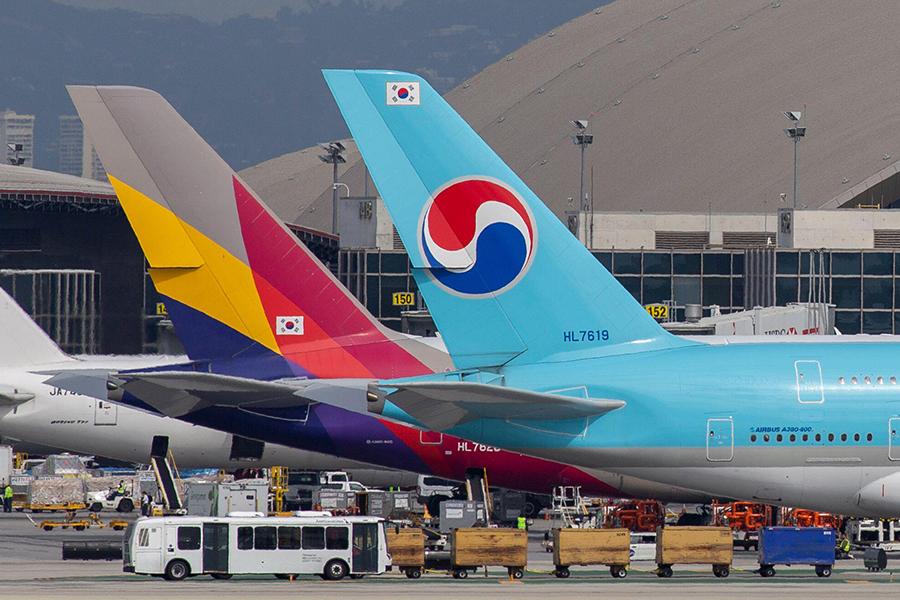
The European Commission has launched an in-depth investigation into the proposed Korean Air-Asiana merger, which the regulator says could be anti-competitive.
The European Commission (EC) has confirmed that it will proceed with an in-depth investigation into the proposed Korean Air-Asiana merger due to concerns about its effect on competition.
Korean Air had to apply for approval from the EC because the two carriers both operate flights to Europe. The airlines have also applied for clearance from a number of other regulatory organizations around the world.
The EC was under a deadline to decide whether to simply approve the proposal or instead proceed with the phase II in-depth investigation. Having taken the latter course, Brussels now has until July 5 to issue its ruling on the case.
The investigation will assess “the effects of the transaction to determine whether [the EC’s] competition concerns are confirmed.”
Competition could be reduced on four routes in particular if the proposed merger goes ahead, the EC said. Reuters has previously identified these four routes as being between South Korea and Barcelona, Frankfurt, Paris and Rome.
Korean Air and Asiana compete head-to-head on these four routes, and on two of them they are the only two carriers offering direct passenger service. Other airlines would be “unlikely to exert sufficient competitive pressure on the merged entity,” the EC said.
The merger could also reduce competition for cargo services between South Korea and Europe, according to the EC’s statement.
Questioning the rationale behind the merger, the EC said that despite the effects of the COVID-19 pandemic, it thought it unlikely that Korean Air and Asiana would stop competing with each other if the tie-up did not go ahead.
Responding to the EC’s latest move, Korean Air said it is “confident that our merger will benefit our customers in the market, and [the airline] will continue to communicate with the EC and submit our remedies to address their concerns.”
UK regulators are also considering the merger proposal. In this market, Korean Air agreed to carve out slots so that Virgin Atlantic—soon to join Korean Air in SkyTeam—or another competitor could enter the London-Seoul market.
The UK Competition and Markets Authority (CMA) indicated this remedy would be adequate to address its concerns, but has not yet issued its final ruling, which is now due by March 23, as it seeks more detail.
South Korea’s Fair Trade Commission has already approved the merger. While many other overseas jurisdictions have also granted clearance, the U.S. and Japan are among those that have yet to issue approvals.
